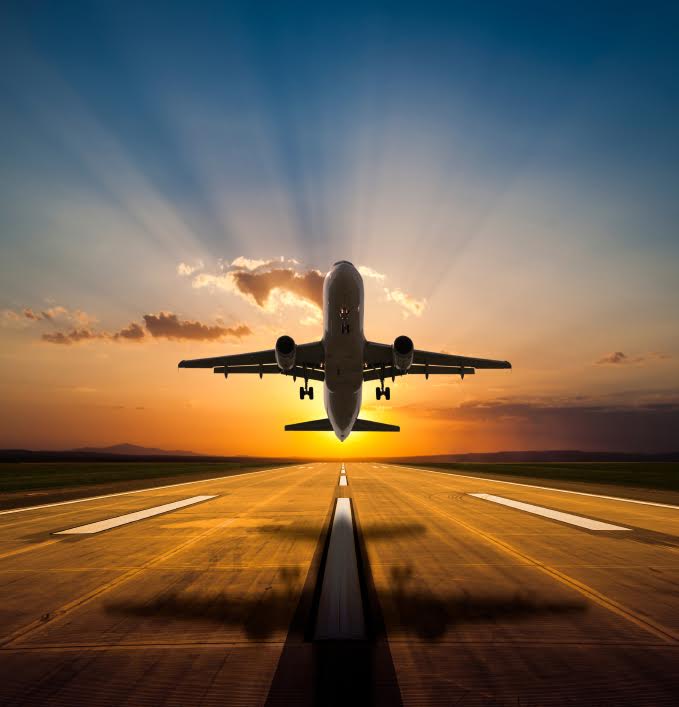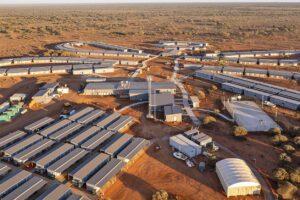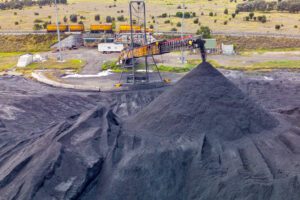An Australian-based aviation safety standard celebrating 10 years of bringing people home safely is keeping contracted aircraft in the skies for vital repatriation and humanitarian flights during COVID-19 border lockdowns.
The Basic Aviation Risk Standard (BARS) Program has developed remote monitoring and virtual safety audits to keep contracted flights in the sky during a time of unprecedented demand due to COVID-19, all the while providing safety confidence to crew and passengers.
With the initial success of the Basic Aviation Risk Standards’ (BARS) remote monitoring audits and international travel unlikely to resume before July 2021, BARS has extended its remote auditing program to December 2020.
Flight safety improves in remote mining locations
The new remote monitoring and virtual safety audits exemplifies the BARS Program’s leadership in the contract aviation industry and evolution over the past decade, prior to which there were no clear benchmarks for companies to assess the safety owned or outsourced air operations.
Created by the Flight Safety Foundation in collaboration with some of the world’s largest resource and mining companies, the BARS Program is one of three standards globally recognised in aviation and provides more efficient safety risk monitoring, assessing and analysing of contracted operators.
An Australian initiative, the BARS Program is celebrating 10 years of service to a range of sectors, including mining and resources, defence, agriculture, energy, government, insurance, humanitarian, corporate, and emergency services.
BARS Program Managing Director David Anderson said the need for the standard to evolve and solve the unprecedented barriers to auditing had never been more pertinent in its 10-year mission of getting people home safely than right now.
“Without the , and now our remote monitoring and virtual safety audit solutions, companies in a range of different sectors would need to wait months in the current climate for an auditor to be able to physically travel to conduct an assessment of an aircraft operator,” Mr Anderson said.
“In a global crisis situation like COVID-19, we operate to ensure standards are met for businesses and governments contracting aircraft and reduce the anxiety of aircraft operators.
“As part of our ongoing commitment to the aviation industry and safety of contracted aircrafts, we have established a temporary funding model where we will fund a significant portion of any remote monitoring fees, and will not retain any funding received for these audits.
“Our standard comes from the industry, and we have become a conduit of collaborative information to promote safety among companies on the other side of the world, and we are here to continue to provide our support the industry, auditors and aircraft operators during these times of need.
“Now, more than we ever have over the past ten years, we are proud to be part of the global effort to bring people home safely around the world.”
Read more Mining Safety News














Add Comment